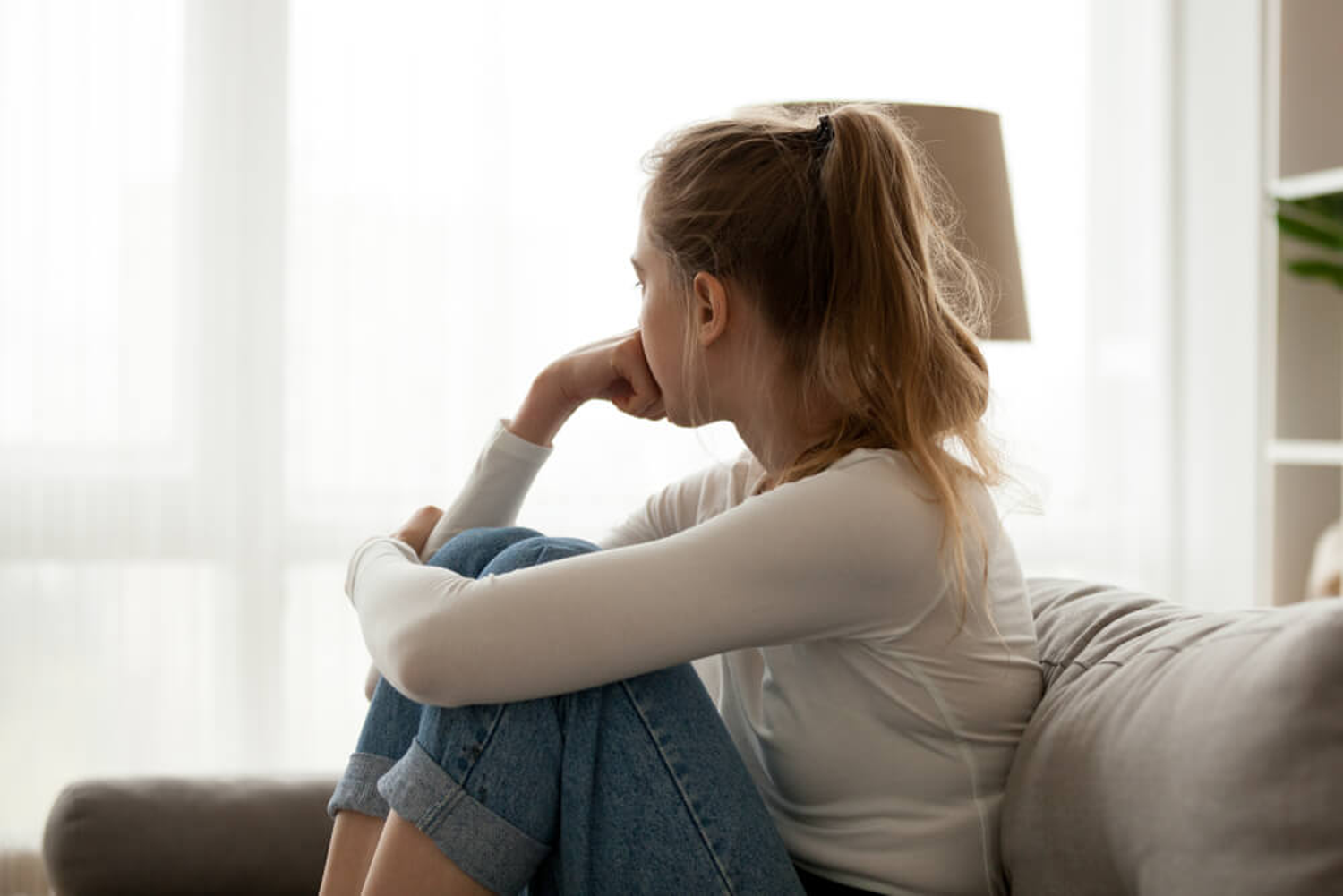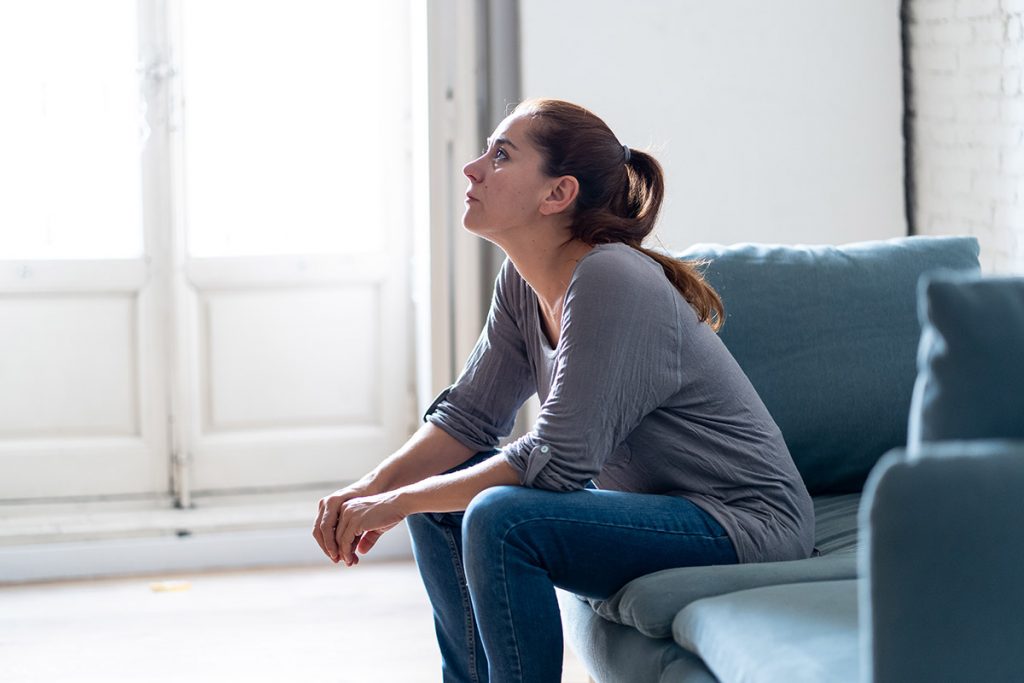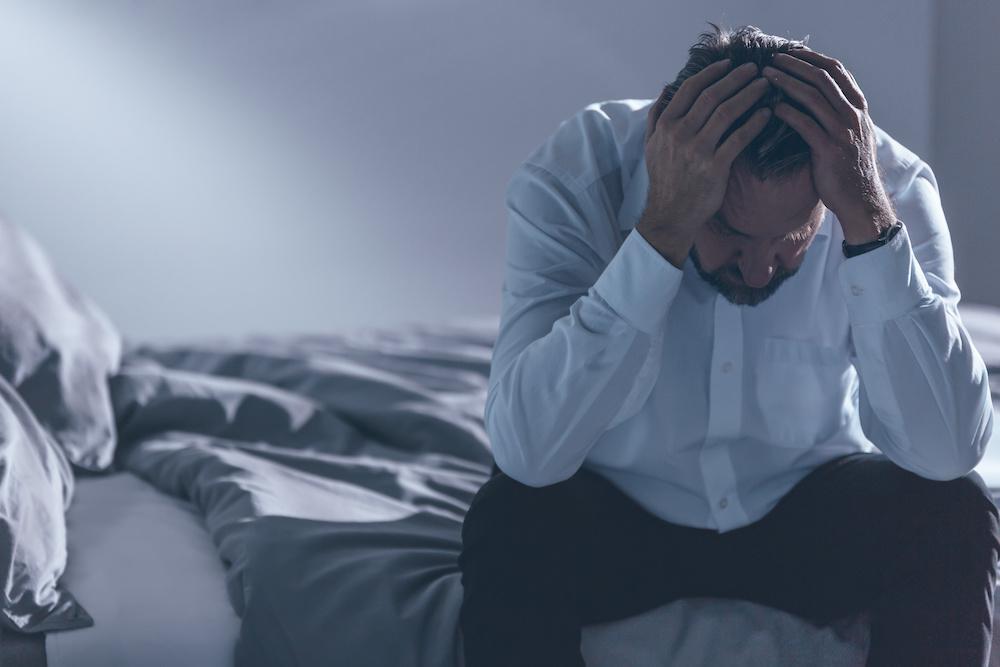Anxiety An emotion is familiar to most, if not all, of us. Getting late for a necessary appointment, speaking in front of a large crowd, or even the sensation you get before sending that text to someone important. Feelings of tension and worried thoughts are a natural part of life.
The way our body experiences anxiety includes rapid breathing, tightness of the chest, and sweaty palms. In its evolutionary nature, anxiety serves the protective purpose of alerting us of environmental danger.
In moderate doses, anxiety is helpful. What makes anxiety harmful depends on its four D’s: Deviance, Dysfunction, Danger and Distress.



